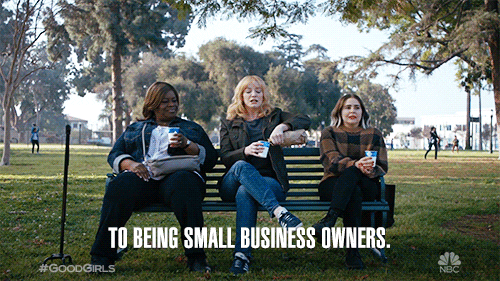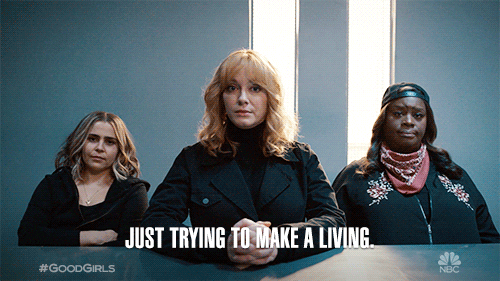Good and Bad News for the Restaurant Revitalization Fund
Additional funding might be on the way but the SBA made a big change
The Good News
Given the initial number of applicants to the Restaurant Revitalization Fund during its first two days, with businesses seeking nearly $70B, it wasn’t a matter of if, but rather, how senators and house representations would pursue additional funding.
On Thursday, Senators Sinema, Blumenauer, Fitzpatrick, and Wicker introduced the “Restaurant Revitalization Fund Replenishment Act of 2021”, which seeks to add $60B to the fund. Written as an amendment to the American Rescue Plan Act of 2021, the total available funds to food and drink establishments will total $88.6B should this bill be passed in full. If you think that the additional $60B in grants is an outsized increase, let us recall that this new number still falls short of Senator Blumenauer’s original ask of $120B last May—which had to be cut by almost 80% in order to get it through reconciliation.
The Bad News
While this news may deliver a positive outlook for businesses that do not receive funding this round, The Counter took a look at how the SBA has changed the way it is processing applications. From the case of Jake’s Bar and Grill LLC vs. the SBA, John Miller of the SBA notes the following in his declaration:
May 25, 2021: SBA began processing non-priority applications whose applicants had <$50K in FY19 gross revenues
May 27, 2021: SBA began processing all other non-priority applications
As of May 26, 2021, priority applications are on hold until the SBA finishing processing “all previously filed non-priority applications, and only then if the RRF is not first exhausted.”
For a quick summary of the Jake’s Bar and Grill LLC case, owner Antonio Vitolo stated that the grant discriminated against him because he was a white man who owned 50% of the business. Even though he co-owns the business with his Hispanic wife, the bar and grill could not be prioritized as it needed a 51% majority stake. The original opinion, which ruled in favour of the SBA, was overturned on May 28 by the Sixth Circuit court panel. The Sixth Circuit majority dubbed the establishment of priority groups as “racial gerrymandering” and subsequently ordered the SBA to fund Vitolo’s grant application. The dissenting opinion of the Sixth Circuit panel argued that the Biden Administration provided substantial evidence demonstrating that minority-owned businesses were more vulnerable to economic distress than their white counterparts.
And back to the three bullet points that I’ve highlighted above. Instead of placing unprocessed priority applications back into the regular queue of when they were timestamped—which would have made perfect sense—the SBA instead placed them last. In light of lawsuits from various plaintiffs, such as this one and Philip Greer in Texas, it comes as no surprise that the SBA would try to change its methods to avoid further legal troubles. However, this choice to pause the review of priority applications feels like undue punishment.
In Gist?
The call from both Democrats and Republicans to allow for additional funding is promising. But in order to productively move forward, the SBA needs to: a) be more transparent in its processes; and b) not “course correct” at the expense of those have been historically and continue to be disadvantaged and discriminated against. With not all minority businesses funded, the question of how these funds will be disbursed comes into play. The SBA certainly has some latitude in how they administer the program, but how they do so without running into more legal contests is a big question.
Further Reading:
Grub Street: “Now is Not The Time to Skimp on Tips”
The Counter: “Successful, Beloved, and Out of Business, a Boston Restaurateur Tells Herself, ‘Nothing That You’ve Done is a Waste of Time.’”
NYT: “A Black Whiskey Entrepreneur Will Help Bankroll Others Like Her”
Documented NY: “India Travel Ban Leaves Hundreds of Employees Stranded”
CBC Podcasts: “A Residential Schools Reckoning, Again”



